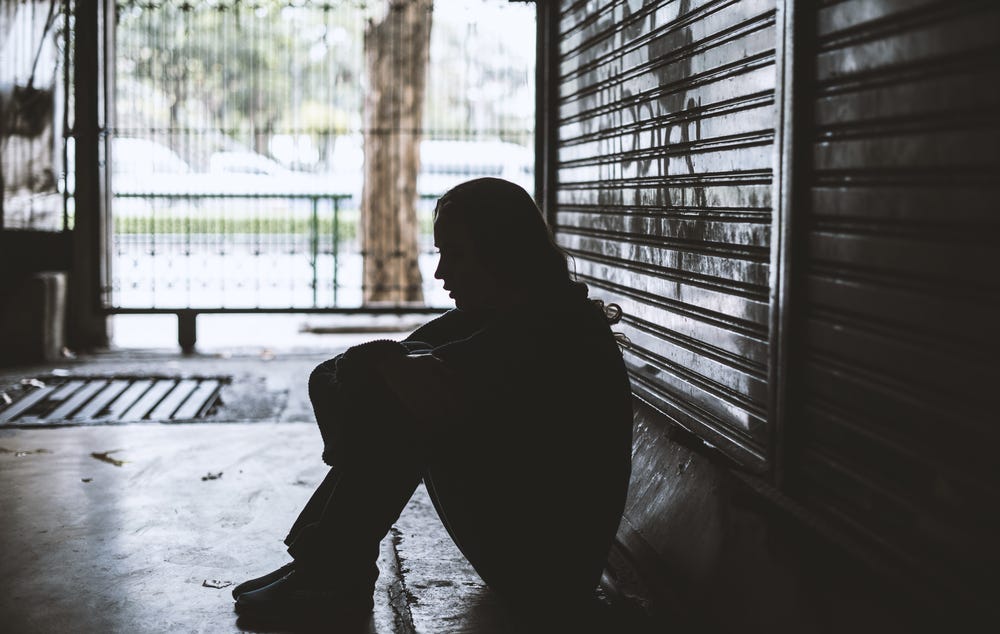
Ed. Note: This report was initially published in August 2022.
Gina grew up in a Chicago suburb. In 2019, she discovered she was pregnant with her second child. At the time, she was homeless, and running from the law. She was addicted to drugs and alcohol.
Gina was scared. She didn’t know how she could provide for a baby, when she didn’t even have sta…
